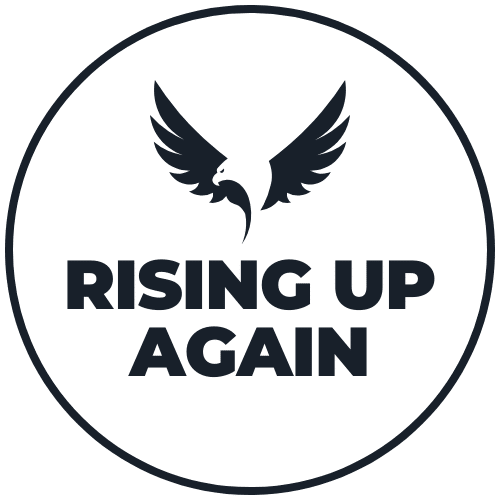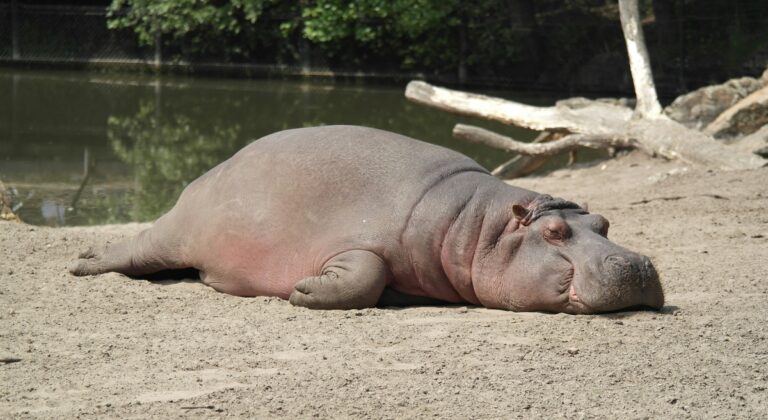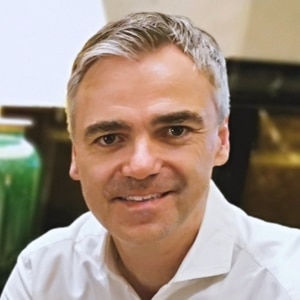In today’s business world, success is often understood as an endless climb, where every step forward leads to another goal. But many entrepreneurs and leaders who follow this ideal suddenly find themselves confronted with a paradoxical feeling: despite measurable successes, exhaustion sets in, and energy dwindles.
Looking back over the last three decades, the phenomenon is familiar to me. Is this the price of success? And if so, how can we pay for it without burning out in the long term?
The challenge is combining growth with personal well-being – a balancing act many underestimate.
This article highlights strategies for not falling victim to progress but making it sustainable.
When success becomes a burden: The dilemma of growth
The “paradox of progress” describes that growth and success are often accompanied by exhaustion and inner emptiness.
Entrepreneurs and leaders who set high growth goals often fall into the “more and more, faster and faster” trap. In the long term, this dynamic leads to chronic exhaustion, also known as burnout.
Fact: A survey by the German digital association Bitkom found that around 80% of German leaders suffer from high-stress levels, and almost 50% rate work-life balance as “hardly achievable”1.
When success brings more pressure than joy, one question arises: How can growth be reconciled with one’s quality of life?
Strategies for a balance between success and well-being
Conscious goal setting: focus on the “why”
The path to sustainable success often begins with “why.” Entrepreneurs and leaders who see a robust inner meaning in their work are happier and less prone to burnout. Instead of being driven purely by external growth goals, a formulated personal goal helps to promote motivation and inner satisfaction.
A strong “why” is an inner compass that offers orientation even in stressful phases.
Conscious growth: slower can be more sustainable
The idea of ”slow growth” seems downright radical in a world fixated on speed. However, slow but steady growth allows entrepreneurs, leaders, and teams to build sustainable structures and incorporate necessary breaks.
Entrepreneurs like Patagonia founder Yvon Chouinard propagate this principle and show that a conscious focus on sustainability can bring long-term financial success without endangering health.
Delegation & trust: handing over responsibility
Many entrepreneurs and leaders need support in handing over responsibility and often take on more work than is healthy in the long term. Successful delegation requires trust in the team and knowing that you don’t have to be present everywhere. This not only spreads the load across several shoulders but also promotes the team’s independence and motivation.
From burnout to balance: an inspiring entrepreneurial story
An example of successfully implementing these principles is the well-known tech entrepreneur Phil Libin, founder of Evernote and All Turtles. In an interview, he spoke openly about the price he paid for his professional success: constant fatigue and a lack of joy despite outwardly outstanding achievements.
Libin then decided to slow down the “rapid growth” of his start-up, delegate responsibility, and find a balance between work and private life. The result? A happy life and – paradoxically – a successful company that reflects his values2.
New standards for success: How to redefine progress
As the saying goes, success is relative. Therefore, it is all the more important that entrepreneurs and leaders constructively question the standards and adjust them if necessary.
Redefine progress
Success can sometimes mean getting higher, faster, and further. Sustainable success is the kind that also leaves room for personal well-being. Take the time to think about your “why” and consciously pause regularly. The road to success is not a sprint but a marathon in which it is essential to distribute your energy.
Promote inner satisfaction
Inner satisfaction is also measurable, for example, through the feeling of acting in accordance with one’s own values. Entrepreneurs and leaders who learn to take their needs seriously can deal with stress better in the long term and remain motivated, even when things get challenging.
Sustainable success: your next steps for growth and well-being
Success is a beautiful but strenuous path that challenges and fulfills us if we walk it mindfully. The balance between progress and well-being lies in conscious goal setting, letting go of perfection, and being willing to delegate responsibility from time to time.
So the next time you, as an entrepreneur or leader, ask yourself whether the price of your success is too high, remember: It is possible to be successful and take good care of yourself at the same time.
Your task for today
Take ten minutes to think about the following questions:
- Why am I striving for this success?
- What values drive me?
- What tasks can I delegate to create more space for myself in the coming month?
- What could a sustainable growth strategy for my company look like?
Remember that the real goal is not just progress but also satisfaction.
Stay strong!
Additional resources
- Book tip: “Essentialism: The Disciplined Pursuit of Less” by Greg McKeown
In this book, McKeown examines how entrepreneurs and leaders can learn to focus on what’s essential and make conscious decisions to improve their quality of life. It shows, in a practical way, how to do less to achieve more and thus protect their own energy in the long term. View on Amazon - Podcast: The Tim Ferriss Show – Episode #719: “How to Find Your Purpose and Master Essentialism in 2024” with Greg McKeown
In this episode, Tim Ferriss and Greg McKeown explore the timeless principles of Essentialism and share practical strategies for discovering your true purpose in the ever-evolving landscape of 2024. Listen on Spotify - Article: “The Pros And Cons Of Hustle Culture: How To Work Hard Without Burning Out” by Jason Saltzman
This article examines the adverse effects of “hustle culture” and how entrepreneurs often overwork themselves without realizing it. It shows how companies can create a culture that promotes growth and well-being. Read on Forbes - TED Talk: “The Power of Vulnerability” by Brené Brown
Brené Brown talks about the importance of vulnerability, emotional intelligence, and courage, especially in times of crisis. This talk is a powerful tool for entrepreneurs looking to strengthen their emotional intelligence. Watch on TED
Sources
- Bitkom 2023
- Interview with Phil Libin, 2022


